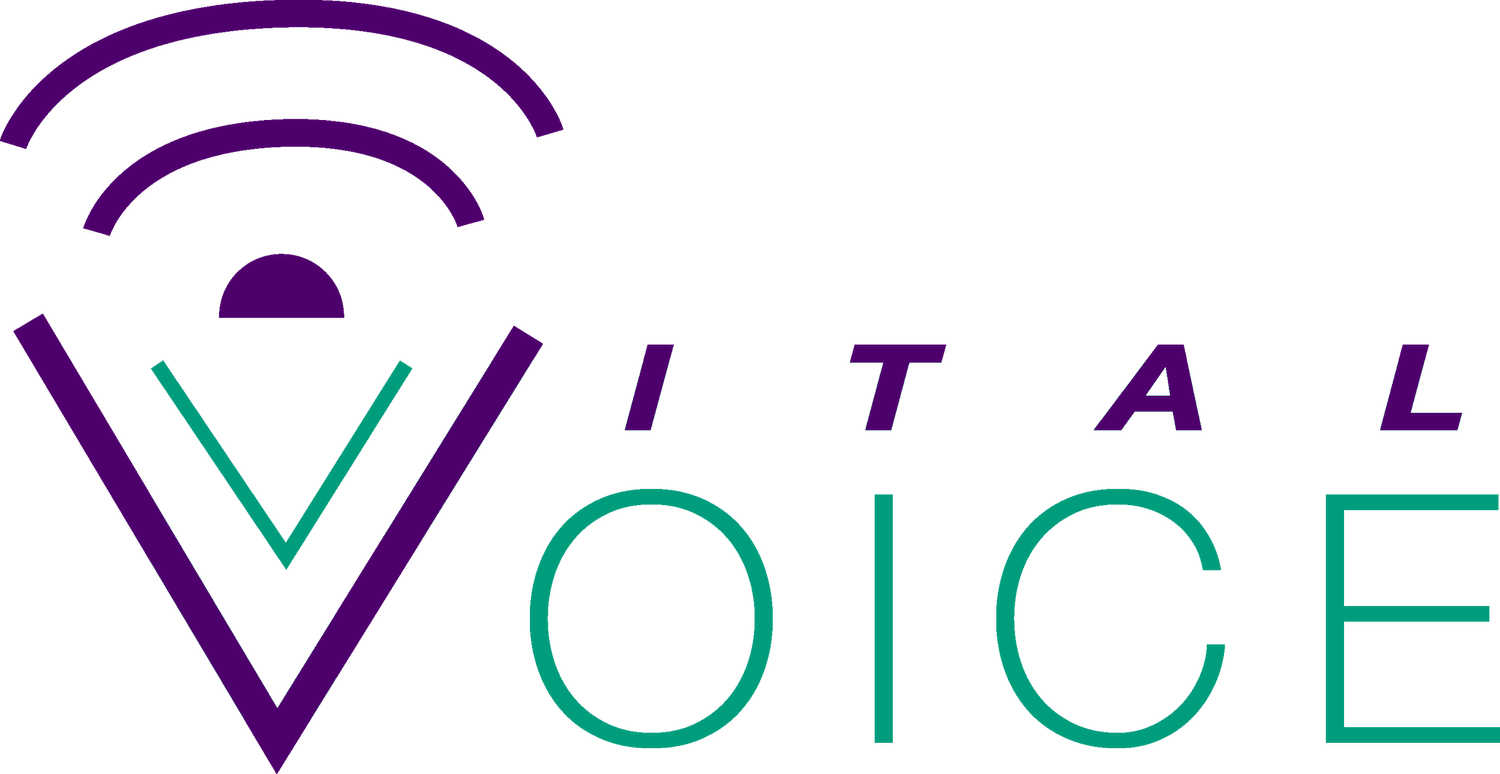Why We Empower Women's Voices
Another week—another barrage of depressing news.
I’ve seen article after article this summer about how epically screwed up the world seems to be right now—and put it this way: they aren’t wrong. Between the Ukraine, Israel/Palestine, ISIS, campus sexual assault, the immigration/refugee crisis from South America, Ferguson, the widening wealth gap and extreme poverty, and frickin’ EBOLA, we have a lot of issues. (And don't even get me started on the fact that stolen pictures of celebrity boobs reposted by pathetic, nasty misogynists have managed to overshadow all of this recently. I hope Katniss and all those other ladies sue the pants off of you.)
Issues, people. Issues that lack easy answers. Issues that illustrate the massive ideological divide in this country, and our paralyzing inability to listen to each other.
Issues that NEED DISCUSSION.
I don’t mean endless pontificating from talking heads. I don’t mean trumpeting your personal answer to the issue while shutting down other voices. I mean actual, honest, bring lots of opinions to the table, get our hands dirty and figure this stuff out discussion.
In the era of click-bait “news” and the complete saturation of “I’m right, you’re wrong—and not only are you wrong, you are EVIL” opinion pieces, I long for this kind of discussion in the way that I long for that breeze that comes into a stiflingly hot, smelly subway station in front of an arriving train. It wakes you out of your stupor. It signals that it’s time to DO something, not just complain.
This kind of discussion requires a few very important things:
The willingness to surround yourself with people who think a bit differently than you do. When we only communicate with our community, we lose our own ability to think outside the box. Complete consensus is comforting—it’s also not terribly productive or creative. Now, I’m not suggesting that you have to agree with (or even spend time with) people that hold fundamentally different moral codes. There are real lines that we can and must choose not to cross. But nearly every argument, when deconstructed, has some tiny nugget of merit, truth, or just something to learn from in it. And the best way to learn how to change people’s minds is often to find out why they think the way the think—the best way to do that is to treat them like fellow human beings and LISTEN.
The willingness to admit that you don’t have all the answers. Soapboxes are tempting little things, aren’t they? Setting yourself up as an expert can feel great. But admitting that you don’t know the answer is the necessary first step to finding the answer.
The willingness to see the grey areas. I’m not talking about issues of violence, rape, murder, institutional racism, etc.—we all know there are certain issues where wrong is wrong. But addressing the root causes of issues like rape culture, the proliferation of gun violence, racial tension, etc., requires a bit more nuance.
The willingness to embrace both logic and empathy, because without BOTH at the table, we all lose. Logic without empathy can be powerful but merciless. Logic states that we don’t have the money or resources to care for the thousands of refugee children fleeing gang violence in South America. Empathy states that if America wants to set itself up as that “shining city on the hill”, then we have a moral obligation to refugees, ESPECIALLY children, and the rest is details. Empathy without logic can feel really good, but can be limp and useless. Empathy might make you want to give to every person and cause in the world that needs money—logic states that if you do that, A) you won’t have any money for your own needs and B) that you may be giving to dubious causes and that your resources may not be put to the best use.
So how does this fit in with Vital Voice Training’s commitment to amplifying women’s voices?
Well, in the most obvious way, if 51% of the population is not at the table, then we are never going to get the full story or the best thought-out solutions. We can debate for days on what is preventing women from being at the table—and we do. What Julie and I (as a business and as individuals) choose to focus on is increasing women’s confidence in and access to their voices and confidence in themselves as contributors, so they feel ready to join—and LEAD—the discussion.
I also personally believe that the women I know and the clients I work with have “superpowers”—creative collaboration, active intuition, a passion for progress, and a willingness to INclude rather than EXclude. They are natural problem-solvers. They know how to both speak and listen. They are brave as hell. They can see that most of the time, when people are angry, it’s because they are afraid. They know how to stand up to bullies. Sometimes they even help those former bullies find THEIR place at the table, and become productive contributors to the discussion.
